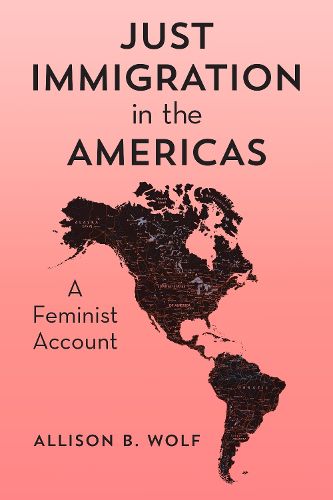Readings Newsletter
Become a Readings Member to make your shopping experience even easier.
Sign in or sign up for free!
You’re not far away from qualifying for FREE standard shipping within Australia
You’ve qualified for FREE standard shipping within Australia
The cart is loading…






This book proposes a pioneering, interdisciplinary, feminist approach to immigration justice, which defines immigration justice as being about identifying and resisting global oppression in immigration structures, policies, practices, and norms.
In contrast to most philosophical work on immigration (which begins with abstract ideas and philosophical debates and then makes claims based on them), this book begins with concrete cases and immigration policies from throughout the United States, Mexico, Central America, and Colombia to assess the nature of immigration injustice and set us up to address it. Every chapter of the book begins with specific immigration policies, practices or sets of immigrant experiences in the U.S. and Latin America and then explores them through the lens of global oppression to better identify what makes it unjust and to put us in a better position to respond to that injustice and improve immigrants’ lives. It is one of the first sustained studies of immigration justice that focuses on Central and South America in addition to the U.S. and Mexico.
$9.00 standard shipping within Australia
FREE standard shipping within Australia for orders over $100.00
Express & International shipping calculated at checkout
This book proposes a pioneering, interdisciplinary, feminist approach to immigration justice, which defines immigration justice as being about identifying and resisting global oppression in immigration structures, policies, practices, and norms.
In contrast to most philosophical work on immigration (which begins with abstract ideas and philosophical debates and then makes claims based on them), this book begins with concrete cases and immigration policies from throughout the United States, Mexico, Central America, and Colombia to assess the nature of immigration injustice and set us up to address it. Every chapter of the book begins with specific immigration policies, practices or sets of immigrant experiences in the U.S. and Latin America and then explores them through the lens of global oppression to better identify what makes it unjust and to put us in a better position to respond to that injustice and improve immigrants’ lives. It is one of the first sustained studies of immigration justice that focuses on Central and South America in addition to the U.S. and Mexico.